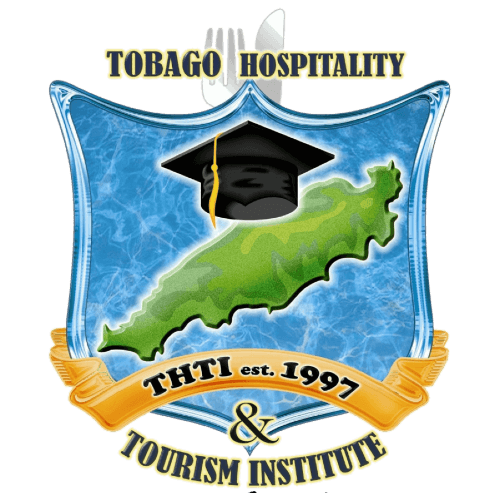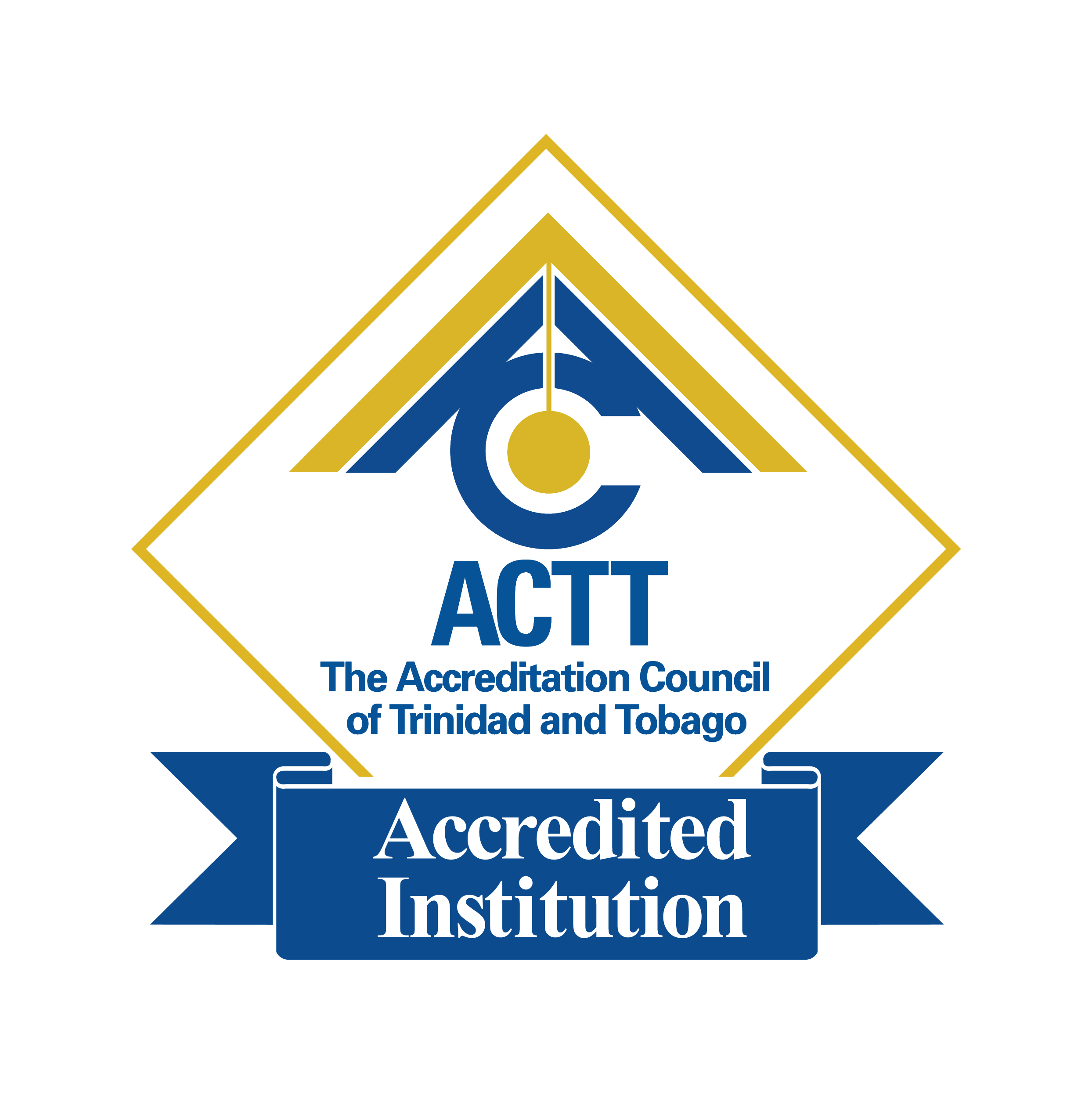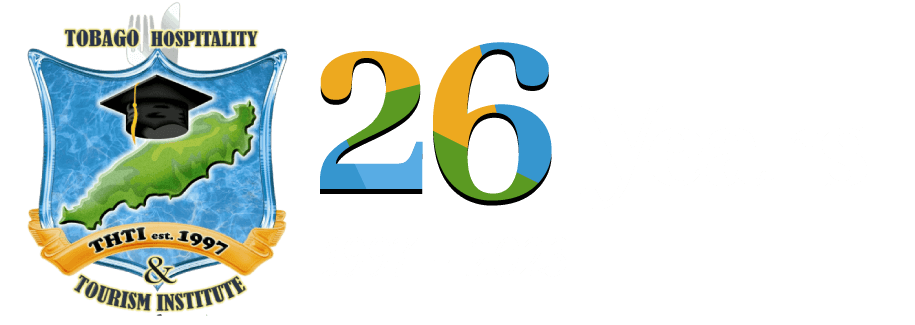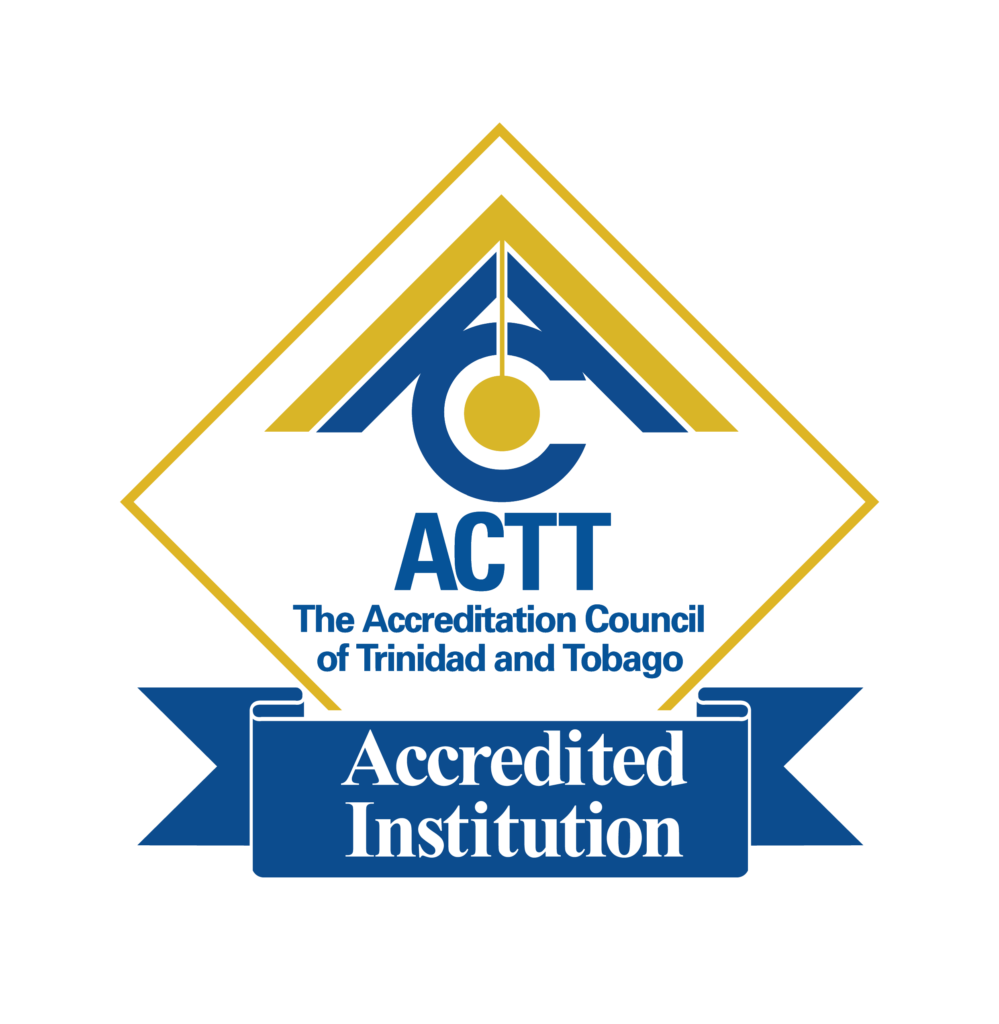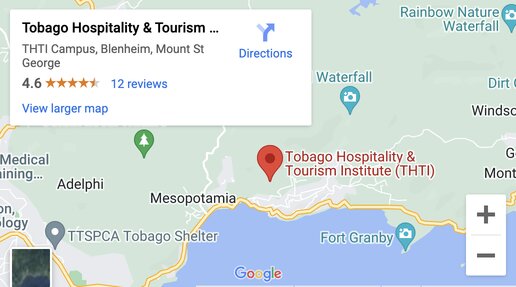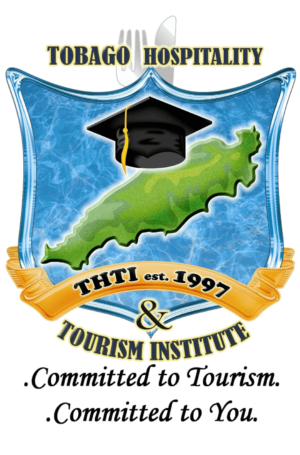Post-Event Evaluation and Analysis for Continuous Improvement
- Share this post
Loading Video...
Video Credit: Jade Kelly Youtube Channel
Organizing a successful event requires careful planning, coordination, and execution. But the work doesn’t end when the event concludes. Conducting a comprehensive post-event evaluation and analysis is crucial for assessing its success, identifying areas for improvement, and making informed decisions for future events.
Define Evaluation Objectives
Before diving into the evaluation process, clearly define your objectives. What aspects of the event do you want to assess? Common evaluation areas include attendee satisfaction, logistical effectiveness, financial performance, marketing impact, and achievement of event goals. Having specific objectives will help guide your evaluation efforts.
Gather Feedback from Stakeholders
Collect feedback from all relevant stakeholders, including attendees, sponsors, exhibitors, staff, and volunteers. Use surveys, feedback forms, and interviews to gather quantitative and qualitative data. Ask about their overall experience, specific aspects of the event, suggestions for improvement, and whether their goals were met. Ensure anonymity when necessary to encourage honest and constructive feedback.
Analyze Attendee Satisfaction
Evaluate attendee satisfaction to understand their perception of the event. Analyze survey responses, ratings, and comments to identify strengths and weaknesses. Assess factors such as event content, speaker quality, networking opportunities, logistics, and facilities. Pay attention to recurring themes or concerns raised by attendees and prioritize addressing them in future events.
Assess Financial Performance
Evaluate the financial performance of the event to determine its profitability and cost-effectiveness. Compare actual expenses with the budgeted amounts to identify any discrepancies. Analyze revenue sources, such as ticket sales, sponsorships, and merchandise, to determine their impact on the event’s financial success. Assess the return on investment (ROI) for various aspects of the event, such as marketing campaigns or additional revenue streams.
Review Logistical Effectiveness
Evaluate factors such as venue selection, layout, registration process, event flow, signage, and audiovisual setup. Identify any bottlenecks, delays, or technical issues that occurred during the event. Review the efficiency of vendor management, security measures, and emergency response protocols. Consider feedback from staff and volunteers to gain insights into operational challenges and opportunities

Analyze Marketing and Promotion
Review your marketing and promotion efforts to determine their effectiveness in attracting attendees and generating interest. Assess the reach and engagement of your marketing channels, such as social media, email campaigns, advertising, and media coverage. Analyze metrics like website traffic, social media impressions, click-through rates, and conversion rates to evaluate the impact of your marketing strategies. Identify areas where marketing efforts can be optimized for better results.
Compare against Event Goals
Evaluate the extent to which the event achieved its predetermined goals and objectives. Compare the actual outcomes with the desired outcomes to assess success and identify gaps. Determine whether attendance targets were met, whether revenue goals were achieved, and whether the event effectively communicated its key messages. Reflect on the alignment between the event’s purpose and the experience delivered to attendees.
Identify Improvement Opportunities
Based on the evaluation findings, identify specific areas for improvement. Prioritize the most critical issues that need attention and develop action plans to address them. Encourage cross-functional collaboration among team members to implement changes effectively.
Documentation
Capture key learnings and best practices from the event to inform future planning. Document successes, challenges, and actionable insights. Maintain a central repository of lessons learned that can be referenced by the event planning team for future events.
Unlock your potential and elevate your career with the upcoming short courses at THTI! Whether you’re a seasoned hospitality professional looking to refine your skills or someone eager to break into the events and hosting industry, our courses offer a gateway to professional development and success. Led by industry experts and designed to provide practical, hands-on experience, our upcoming Events Management short courses are designed to equip you with the knowledge and skills needed to excel in today’s competitive landscape.
Don’t miss out on this opportunity to invest in yourself and take your career to new heights.
Reference
Bowdin, G., Allen, J., O’Toole, W., Harris, R., & McDonnell, I. (2016). Events management (5th ed.). Routledge.
- Share this post
Upcoming Events:
Related Posts:
More You Might Like
Upcoming Short Courses:
- Lecturer: Raakesh Madoo
- Online Classes, Face to Face
- 30 hours
- Short Courses
- Lecturer: Lisa Jessamy
- Online Classes
- 6 hours
- Short Courses
- Lecturer: Lisa Jessamy
- Online Classes
- 6 hours
- Short Courses
- Lecturer: Ms Candy Manswell Lewis
- Face to Face
- 24 hours
- Coming Soon
- Lecturer: Chef Sonia Phillip
- Face to Face
- 48 hours
- Short Courses
Upcoming Courses:
- Lecturer: Chef Kwesi Selvon
- Online Classes, Face to Face
- 36 hours
- Short Courses
- Lecturer: Raakesh Madoo
- Online Classes, Face to Face
- 30 hours
- Short Courses
- Lecturer: Chef Kwesi Selvon
- Face to Face
- 36 hours
- Short Courses
- Lecturer: William Trim
- Face to Face
- 48 hours
- Short Courses
- Lecturer: Chef Sonia Phillip
- Face to Face
- 48 hours
- Short Courses

